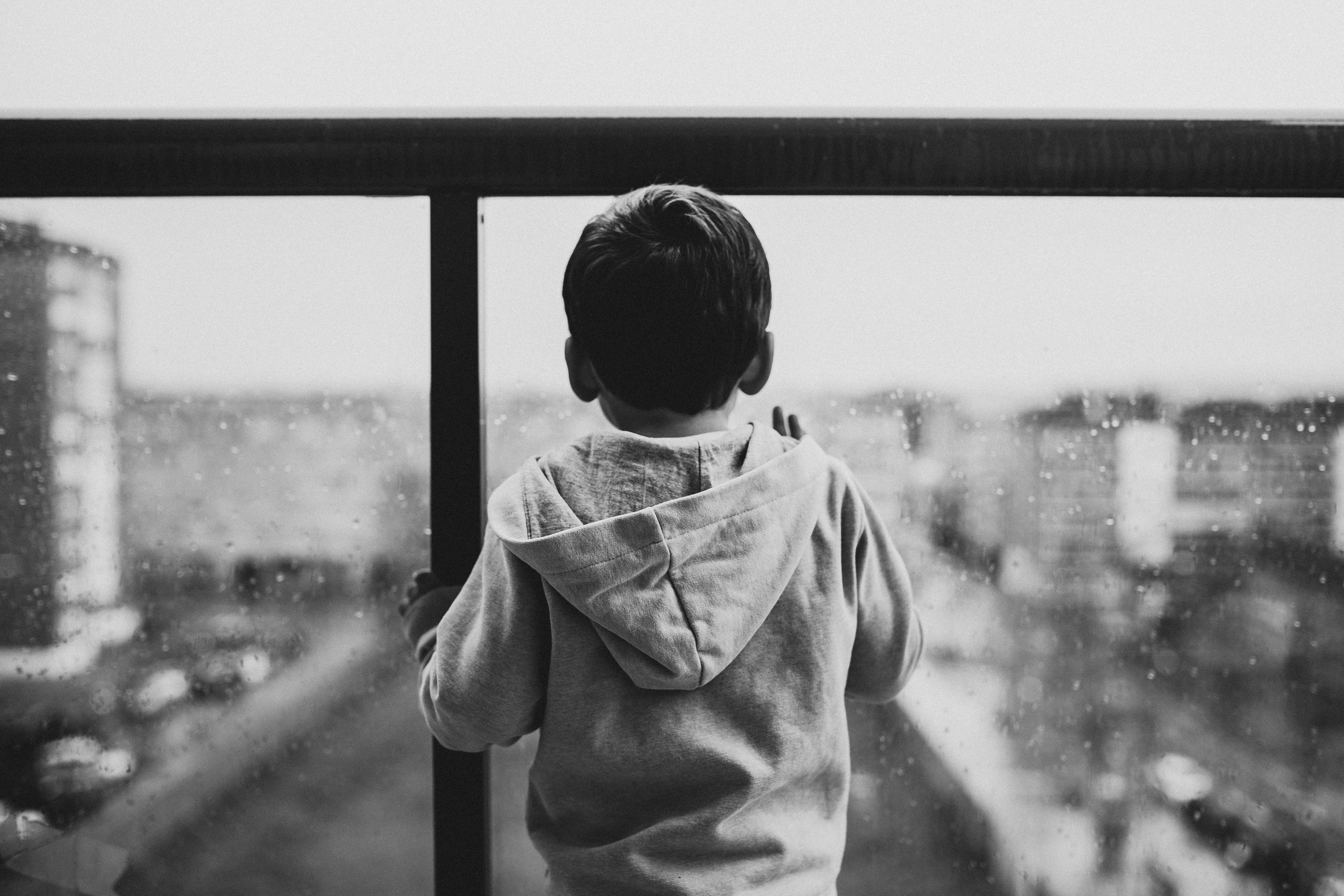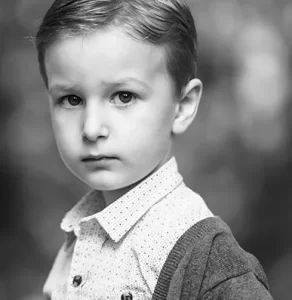Identifying Trauma in Children

Child sexual abuse is an experience that can change a child’s life. Trauma after such an experience is almost always a consequence. Trauma can effect a child’s body, emotions, behavior, and brain. It can even be expressed differently according to the age of the child. Living with a survivor and dealing with the trauma can be hard. There are many factors in how trauma can take a toll on a child’s life, but also many ways to help relieve the trauma.
There are a few factors on how trauma may reveal itself in children.
Children, the younger they are, are more vulnerable and sensitive to certain things. The traumatic event that has occured to them can effect at different levels depending at what age and how sensitive the child is.
Another important factor is the amount of times the traumatic events were happening in the child’s life. Whether it happened once or four times, it will reveal a lot in how deeply it can effect the child.
The perception of the child is also significant. How does the child feel after said incident? Do they feel safe or do they feel they are in danger?
Having healthy relationships with a guardian and others will help them feel they are in a safe place.
The last factor is their coping mechanisms and how they choose to deal with the aftermath of the experience.
A few signs of trauma in children ages 0-5 years old are:
- Irritability
- Being startled easily
- Not being able to calm them down
- Frequent tantrums
- Attachment to guardian
- Physical or speech delay
In ages 6-12:
- Difficulty paying attention
- Keeping to themselves
- Low self esteem
- Eating a lot more or less than normal
- Constant headaches or stomachaches
- Picking fights
- Depression or anxiety
- Lack of energy
- Change in school performance
- Talks often about scary or sad feelings
In teens, 13-18:
- Rebellion
- Lack of energy
- Difficulty learning or concentrating
- Procrastination
- Memory loss
- Depression or anxiety
- Denying what happened
- Talking a lot about the trauma
- Sleeping too little or too much
- Trouble with relationships
- Fighting
- Trust issues
- Substance abuse
How to help
It’s important not to take these behaviors personally. The child is only reacting to the trauma, and although it may create an uneasy household, it’s important to remember that it is effecting their growth in every way. Help the child learn ways to calm themselves down and come to a place of self-significant in their healing process. Be consistent in being someone the child can trust and express themselves to. If those things don’t work, look to getting professional help in child therapy or even family therapy. Talking to someone who knows how to safely talk to a victim of child sexual abuse will help. Finding ways to help alleviate the trauma in children after such a scarring experience shouldn’t be a one-person job.




